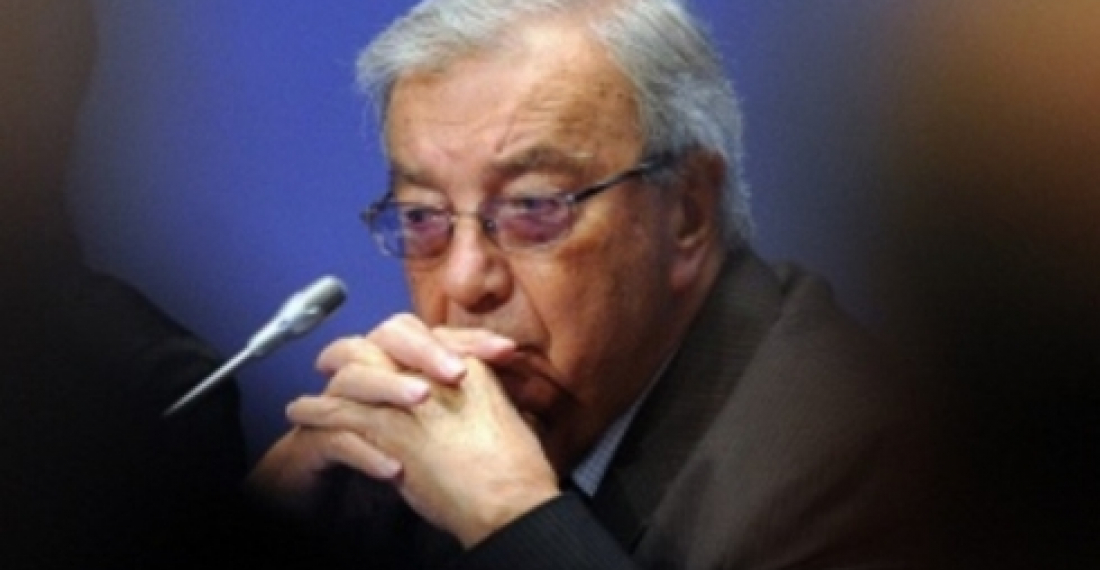Russian leaders and world statesmen have expressed sorrow following news on Friday of the death of former Russian Prime Minister, Yevgeni Primakov.
A spokeman for President Vladimir Putin said, "The president expressed his deep regrets to the family of Yevgeny Maximovich and all those who knew him, his close associates". The Russian president said on many occasions that "Yevgeny Maximovich was a statesman, a scientist and a politician and left a huge heritage after him," the Kremlin spokesman said. Putin had met Primakov for the last time about a month ago.
Yevgeny Primakov was a Russian statesman, public personality, scholar, and diplomat. Born to a mixed Russian-Jewish family in Kiev on October 19, 1929, he grew up in Tbilisi and graduated from Moscow State University's Institute of the Orient in 1953.
His extensive career spans years of journalistic activity for Arabic Service of Radio Moscow and for the Communist Party's main daily Pravda, research and administrative positions at the Institute of World Economy and International Relations reporting to the national Academy of Sciences, and directorship at the Academy's Institute of Oriental Studies.
In addition to this, he was a member of Mikhail Gorbachev's Presidential Council and a deputy chairman of the Soviet Peace Committee. In 1991, he took charge of the Soviet (and then Russian) Foreign Intelligence Service, and later served as Russian Foreign Minister.
In August 1998, President Boris Yeltsin appointed him Russia's Prime Minister - a job that he took up at a critical moment when the Russian government had just defaulted on its short-term sovereign liabilities and the nation had plunged into an economic crisis.
Commonspace.eu political editor said in a comment that "whilst Russians normally admire strong leaders who project the image of a strong Russia, Primakov was admired and respected because he was considered wise. While he was always loyal to the state - be it the USSR or its successor the Russian Federation, Primakov was often cautious. A case in point was what was probably his last significant public intervention shortly after the start of the Ukraine crisis last year when he warned his compatriots against indulging in cold war rhetoric. He was a realist who accepted that once the Soviet Union disintegrated it was impossible to put back together, and was therefore a proponent of a new basis for relations, with countries such as Georgia. He also continued to advocate close partnership with western countries as an important factor for the modernisation and development of Russia, particularly in the economic sphere. He was widely respected by all recent Russian leaders, including President Putin, who often asked him for advice. His words of wisdom will be missed, but his death may help focus on some of the important messages he conveyed in his lifetime, particularly those that impact current relations between Russia and the west."
source: commonspace.eu with Itar-Tass






